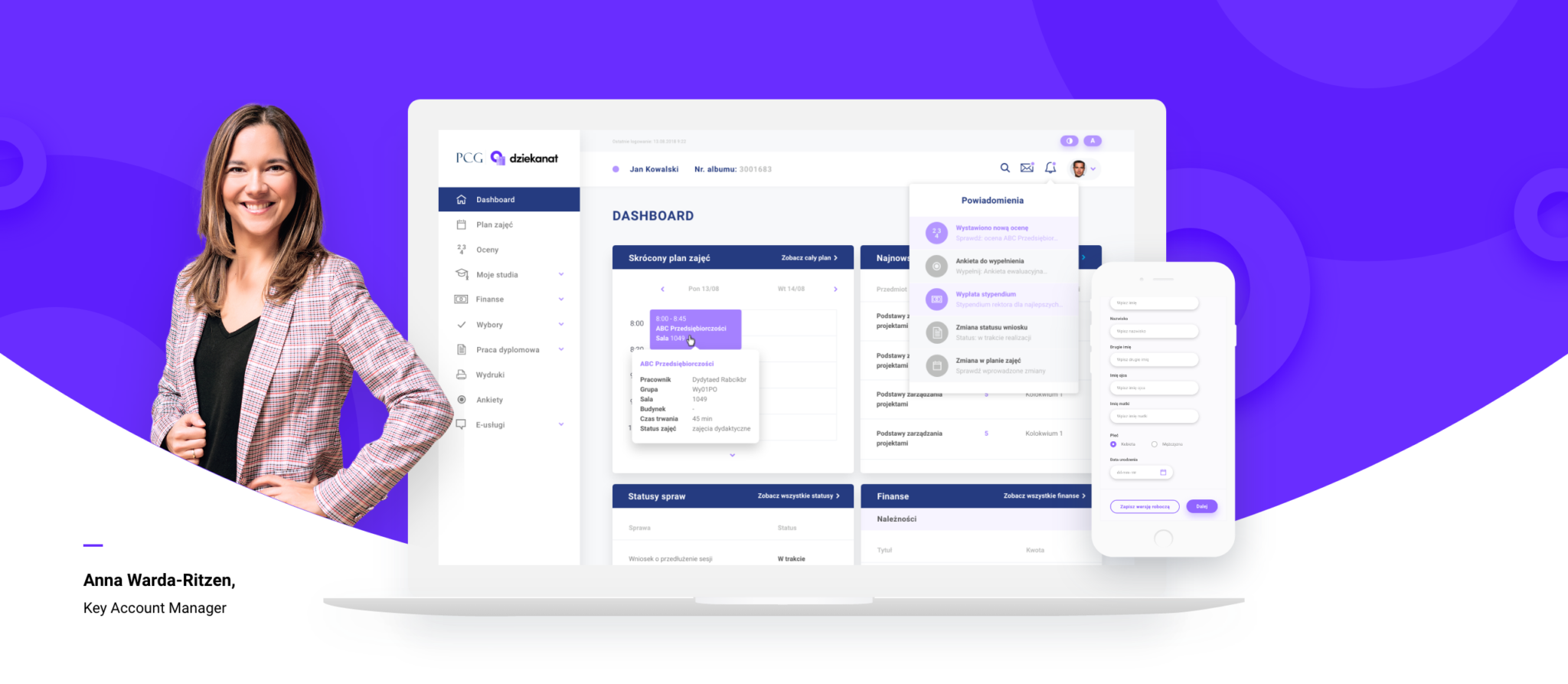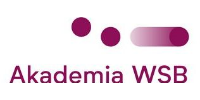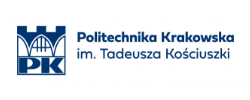PCG Academia applications enable integration with any dean’s office system used on the Polish market (including USOS).
Administration
-
Making strategic management decisions and handling reporting inside and outside the university based on the Power BI technology
More -
improved communication between the university, instructors and students. Application delivered in a Software as a Service model.
More -
supporting students and graduates in connecting with the labor market opportunities and launching a successful professional career
More -
effective management of education processes in compliance with the law and based on best practices in higher education management.
More -
flexible design of document workflows based on student data coming from any Student Information System available on the market.
More -
from electronic registration, through automatic calculation of points, generating ranking lists, and enrolling candidates into the programs.
More -
from the definition of the study plan, through filling the syllabus with content, to its acceptance and publication.
More
Education
PCG Academia applications integrate with any dean’s office system (including USOS) and any e-learning platform (including Moodle).
-
complete environment for distant learning that supports communications, progress monitoring and individualized instruction.
More -
is a convenient and modern platform for video conferencing and remote collaboration. It enables the provision of online classes for students in real time
More -
improved accessibility and attractiveness of the educational content shared through e-learning platforms, including Moodle.
More -
Greater accessibility and attractiveness of learning materials published on university’s websites.
More -
instant impact on the quality of learning experience for Moodle-based instruction – without revolutionary changes for teachers and administrators.
More -
organizing, monitoring and assessing digital exams through a secure, web-based application.
More -
Securing the remote examination process
More -

IntelliBoard - reports and analytics delivering answers to the key questions on distance learning at the university
More















